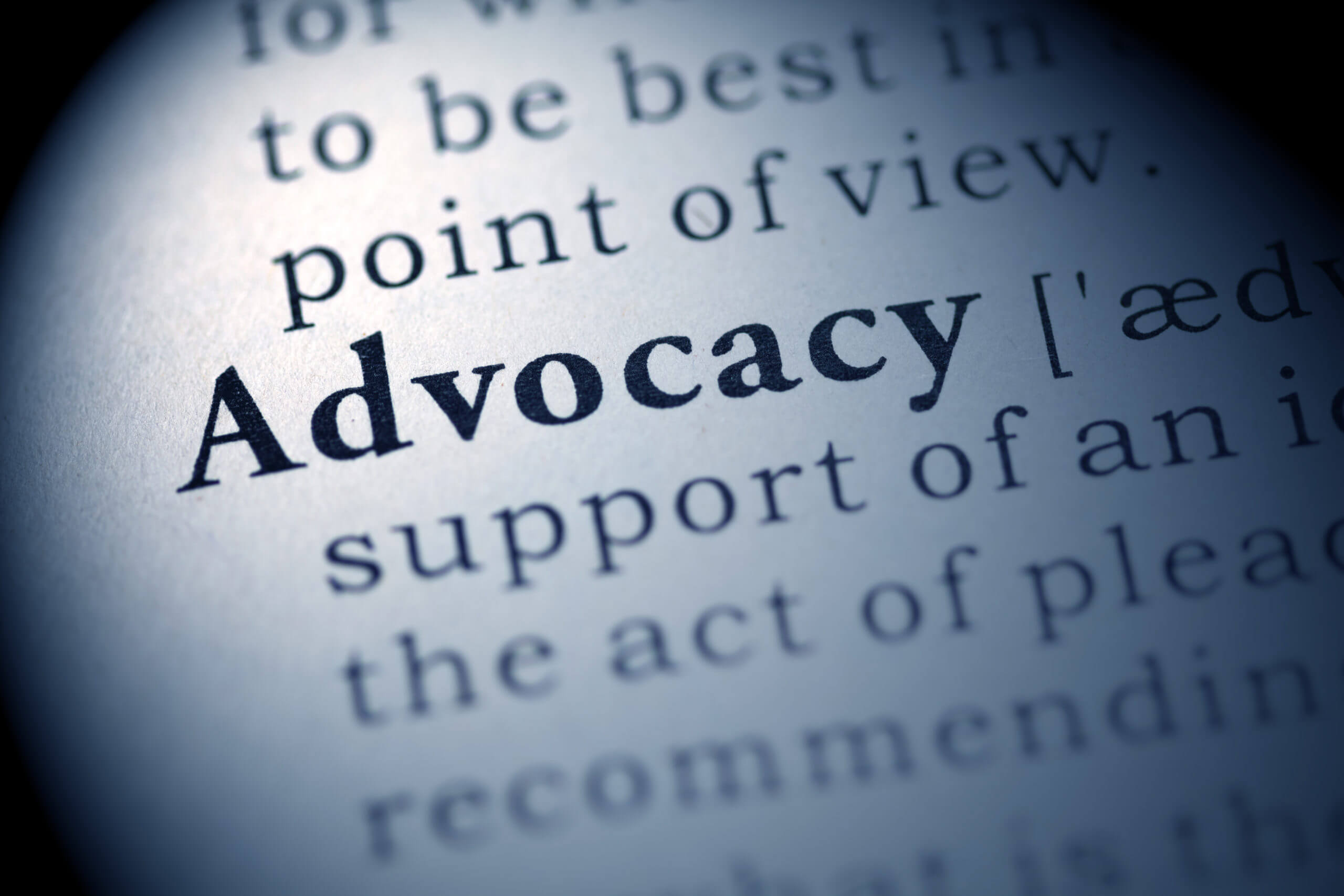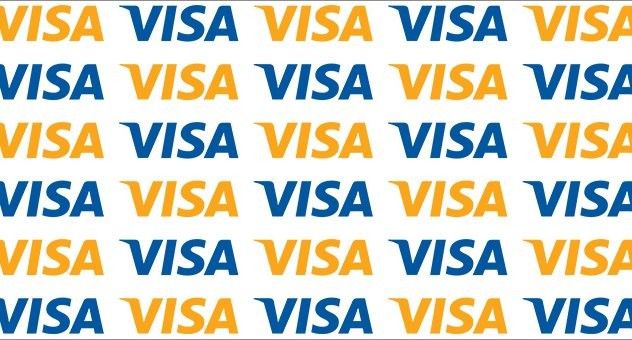Have you ever heard the saying, “One bad apple spoils the barrel?” It’s true, ya know. An overripe, spoiled apple will emit significantly higher levels of ethylene gas causing other apples around it to overripen as well. We often use this saying or variations of it to describe how low character people can be bad influences on those around them. So, what does this have to do with payment processing? Well, to be honest, quite a bit. You see, there are a lot of bad apples in the payment processing industry.
Somewhere a long the way, many merchant services providers forgot that they should be on the same side of the table as their clients – and they allowed their own greed to drive their decision making. Because of that, we’ve seen many companies employ agents who have lied to clients, fraudulently forged signatures on agreements, or even changed the terms of an agreement afterwards by turning 1’s into 4’s or 7’s.
The most common practice is to not disclose the term(s) of a merchant services agreement. For example, many businesses have no idea when they’re locking themselves into a 3 year agreement with a $495 cancellation fee and liquidated damages. We’ve also met several merchants who didn’t know that they were signing up for a long-term, non-cancellable lease because they agent told them it was a month-to-month rental or that it was “free.”
Sadly, over the years we’ve seen all of this and worse. So, we’ve compiled a checklist of things to consider before signing a new merchant agreement:
- Have you researched the company online? If they have no online presence or their reviews are overwhelmingly negative, that’s cause for concern.
- Are they members of a local chamber of commerce or an accredited business with the BBB? Fly by night companies almost never go through the vetting process required for these kinds of organizations.
- Do you know of any other businesses who use their services and can provide a reference? Knowing someone who can vouch for them goes a long way when it comes to trust.
- Is the company easily accessible? Do you know where their office is or have any other contact information for them? It’s important to be able to reach the company, not just the sales rep.
- Have you thoroughly read through the entire agreement presented to you? It may sound elementary, but you should never sign anything you haven’t read or don’t understand.
If you’ve answered no to any of these questions, that should give you pause and should prompt some more investigating.
So, what happens if you’ve made these kinds of mistakes already and find yourself being taken advantage of by con artists who now have access to your bank account? If fraud has been committed by a sales agent and/or the company they represent, it’s important that you contact the state’s attorney’s office in your state, the Better Business Bureau, the Federal Trade Commission, and even the Consumer Financial Protection Bureau. We’re located in Maryland, so the contact information listed below is for the Maryland Attorney General and the BBB of Greater Maryland. The FTC and CFPB are national organizations.
Maryland Attorney General’s Office
410-528-8662
www.marylandattorneygernal.gov
BBB of Greater Maryland
410-347-3990
www.bbb.org/greater-maryland/
Federal Trade Commission
877-382-4357
www.ftc.gov
Consumer Financial Protection Bureau
855-411-2372
www.consumerfinance.gov






